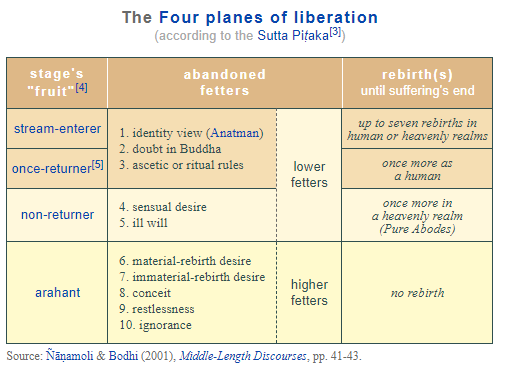To find or identify noble people can be difficult, even impossible, because you yourself must have some idea about the True Dhamma to be able to do this. Therefore, a problem arises similar to the question of: "What occurs 1st, the chicken or the egg?"
The Canki Sutta provides the following preliminary answer to the question:
How is truth discovered? There is the case, Bharadvaja, where a monk lives in dependence on a certain village or town. Then a householder
or householder's son goes to him and observes him with regard to three
mental qualities — qualities based on greed, qualities based on
aversion, qualities based on delusion: 'Are there in this venerable
one any such qualities based on greed that, with his mind overcome by
these qualities, he might say, "I know," while not knowing, or say, "I
see," while not seeing; or that he might urge another to act in a way
that was for his/her long-term harm & pain?' As he observes him, he
comes to know, 'There are in this venerable one no such qualities
based on greed, hated & delusion. His bodily behavior & verbal behavior are those of
one not greedy, hateful or delued. And the Dhamma he teaches is deep, hard to see, hard
to realize, tranquil, refined, beyond the scope of conjecture, subtle,
to-be-experienced by the wise. This Dhamma can't easily be taught by a
person who's greedy, hateful or delued.
The Ani Sutta also provides possible guidance. It states:
...in the course of the future there will be monks who won't listen when discourses that are words of the Tathagata — deep, deep in their
meaning, transcendent, connected with emptiness (sunnata) — are being recited.
They won't lend ear, won't set their hearts on knowing them, won't
regard these teachings as worth grasping or mastering. But they will
listen when discourses that are literary works — the works of poets,
elegant in sound, elegant in rhetoric, the work of outsiders, words of
disciples — are recited. They will lend ear and set their hearts on
knowing them.
Today, many Buddhists claim to study words from the Buddha only but when these individuals explain the core teachings, such as Dependent Origination, their explanations do not accord with a dhamma that "can be experienced for the wise for themselves" (per the Canki Sutta) or that are "connected to emptiness" (per the Ani Sutta). Instead, their explanations are "within the scope of conjecture", namely, unverifiable speculative theories about an unknowable past & future.
In summary, if you yourself are not a stream-enterer or are not well versed in the teachings of the Buddha, you probably cannot measure if another person is a stream-enterer, regardless of how virtuous that person may appear externally.
